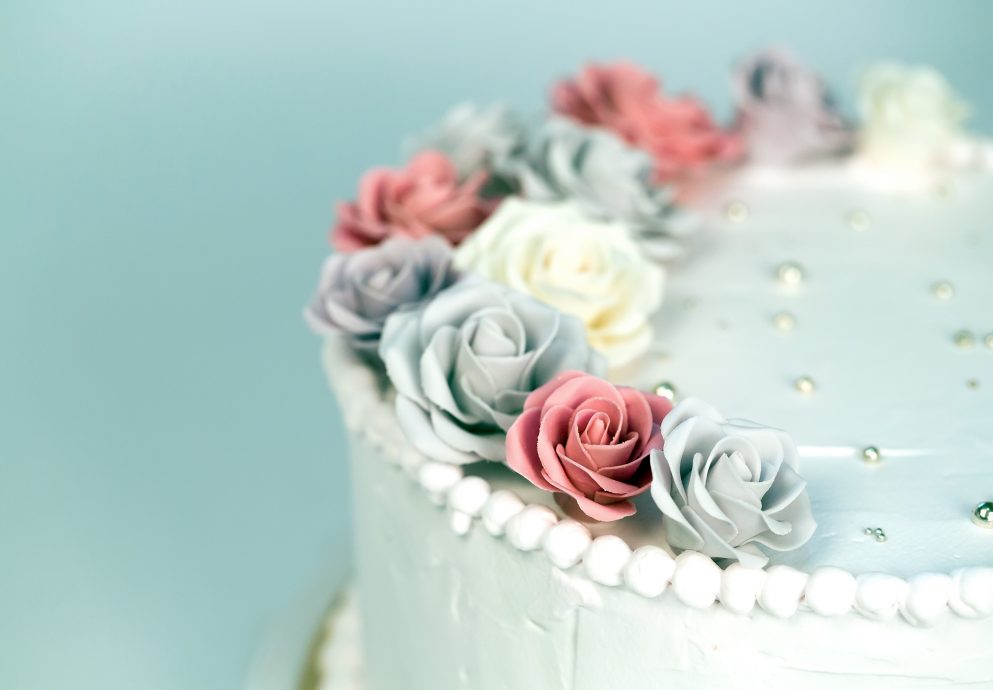The Expressive Society and Masterpiece Cakeshop
Until my own wedding five years ago, I had never recognized how many modern craftsmen and craftswomen considered themselves artists. Our wedding photographer labored over angles, like a film director, to make the pictures a joint production of our day and her style. And even the wedding cake maker in our interview with her said she wanted to capture our “spirit” as a couple in her design. I reflected then that in a wealthy society, even many people who make material things think they are ultimately in the business of creating meaning, where they mix their expressiveness with their clients to make art in the workaday world.
Our expressive age provides the social context for Masterpiece Cakeshop, in which a cake baker couple is challenging an antidiscrimination law that requires them to bake a cake for a same-sex wedding ceremony. Mark Movsesian has written an excellent post, in which he is doubtful about the success of such claims because they run afoul of the egalitarianism of American society—a feature first noted by Alexis de Toqueville. But America is also dedicated to free expression. And just as egalitarianism has increased over time to embrace the equality of same-sex and traditional marriage, so has the breadth of expressive activity. Thus, the First Amendment question in Masterpiece Cakeshop sets up a clash of two powerful currents coursing through America—equality and expression. And to make the clash even more striking, Justice Anthony Kennedy, often the swing vote on the Court, is both the creator of constitutional rights for same-sex couples and the most stalwart defender of free speech.
Justice Kennedy would likely find this an easy case if the bakers had been asked to write something or place a symbol in their design that celebrates same-sex marriage. It is clear from many cases that citizens cannot be forced to deliver a message that does not reflect their own sentiments. The argument that there is no constitutional violation because the speech would be attributed to the couple getting married rather than to the bakers is inconsistent with Supreme Court case law, including the famous case where a New Hampshire resident successfully challenged being forced to display the slogan Live Free or Die written on the state’s license plate. One cannot be forced to disseminate opinions with which one disagrees.
But apparently, the bakers in Masterpiece Cakeshop had not yet discussed the design of the cake before saying that they would not sell one of their signature cakes for the same-sex wedding. Should that make a difference? This is a difficult question, but it is not yet clear to me it should. A videographer of a wedding would make decisions, large and small, to put the ceremony in the most favorable light. The nature of her profession would be to express the beauty of the celebration, but such expression is inconsistent with the view that same-sex marriage is immoral. How different is the action of a cake maker who consciously designs a cake with a particular couple in my mind, as did the baker at my own wedding? Of course, if a wedding couple wanted to buy a cake off the shelf, there would be no merging of the expressions of the baker and the couple. But as I understand the facts of the case, the bakers were perfectly happy to sell their baked goods to anyone, just not to design a cake for a particular couple on occasion of moral significance. In a society suffused with expressiveness, the First Amendment protects free speech rights of craftspeople as well as journalists and academics. Masterpiece Cakeshop will work out how it does so.
